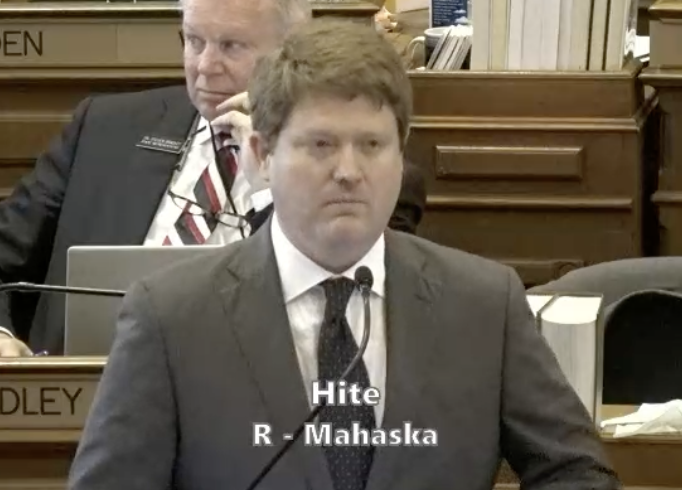Paul W. Johnson passed away in February 2021. His family and Dennis Keeney gave permission to share the text of the forward he wrote for Keeney’s 2015 book The Keeney Place: Life in the Heartland.
In 1862 President Abraham Lincoln signed into law the Morrill Act. It offered states 30,000 acres of land for each of their Senators and Representatives. The land was to be sold and its proceeds used to establish colleges in each state to provide higher education for the “industrial classes.” These institutions became known as “land-grant colleges,” and today every state in the Union has at least one land-grant university. In 1887 the Hatch Act added research, and in 1914 the Smith-Lever Act added an extension component. Today, land-grant universities, with their education, extension, and research components can be credited with one of the most revolutionary changes in the status of humanity that our world has ever witnessed.
What does this have to do with The Keeney Place: A Life in the Heartland? Everything.
Continue Reading...



















